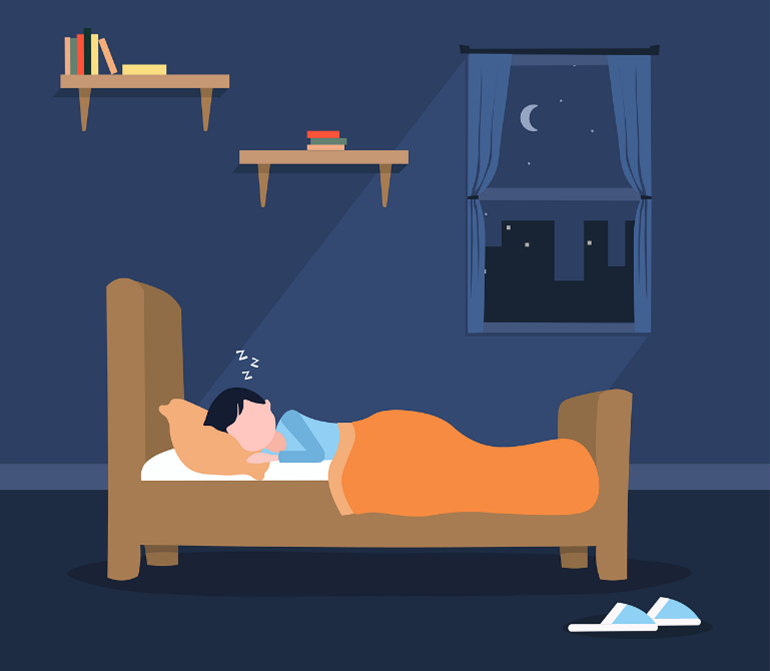Japanese Study Highlights Link Between Physician Work Hours, Sleep, and Mental Health
A recent study published in the Journal of Sleep Research investigates the impact of long work hours on Japanese physicians’ sleep, alertness, and psychological well-being. Amid growing concerns over physician burnout, Japan implemented a 2024 duty hour reform, capping physician overtime at 960 hours annually, with higher limits for rural and trainee doctors. Researchers from Juntendo University and the University of Pennsylvania conducted a nationwide survey using validated tools like the Maslach Burnout Inventory and the Psychomotor Vigilance Test (PVT) to objectively assess sleep duration, alertness, and burnout levels in 1,226 physicians.
The study found that longer work hours significantly reduced sleep duration, which in turn was linked to decreased alertness and increased symptoms of burnout and depression. Physicians with higher duty hours also reported greater odds of accidents and severe burnout. The PVT proved useful in objectively measuring alertness, highlighting its potential as a tool for assessing physician fatigue and well-being.
These findings reinforce the need for effective overtime regulations to protect physician health and ensure patient safety. While the 960-hour cap may improve well-being, researchers stress the importance of uniform limits for all physicians, regardless of specialty or location. The study emphasizes that adequate rest is crucial for maintaining physicians’ psychological health and their ability to provide high-quality care.
Objective alertness, rather than sleep duration, is associated with burnout and depression: A national survey of Japanese physicians (Wada, Basner, Cordoza, Dinges, Tanigawa 7/24, Journal of Sleep Research).



